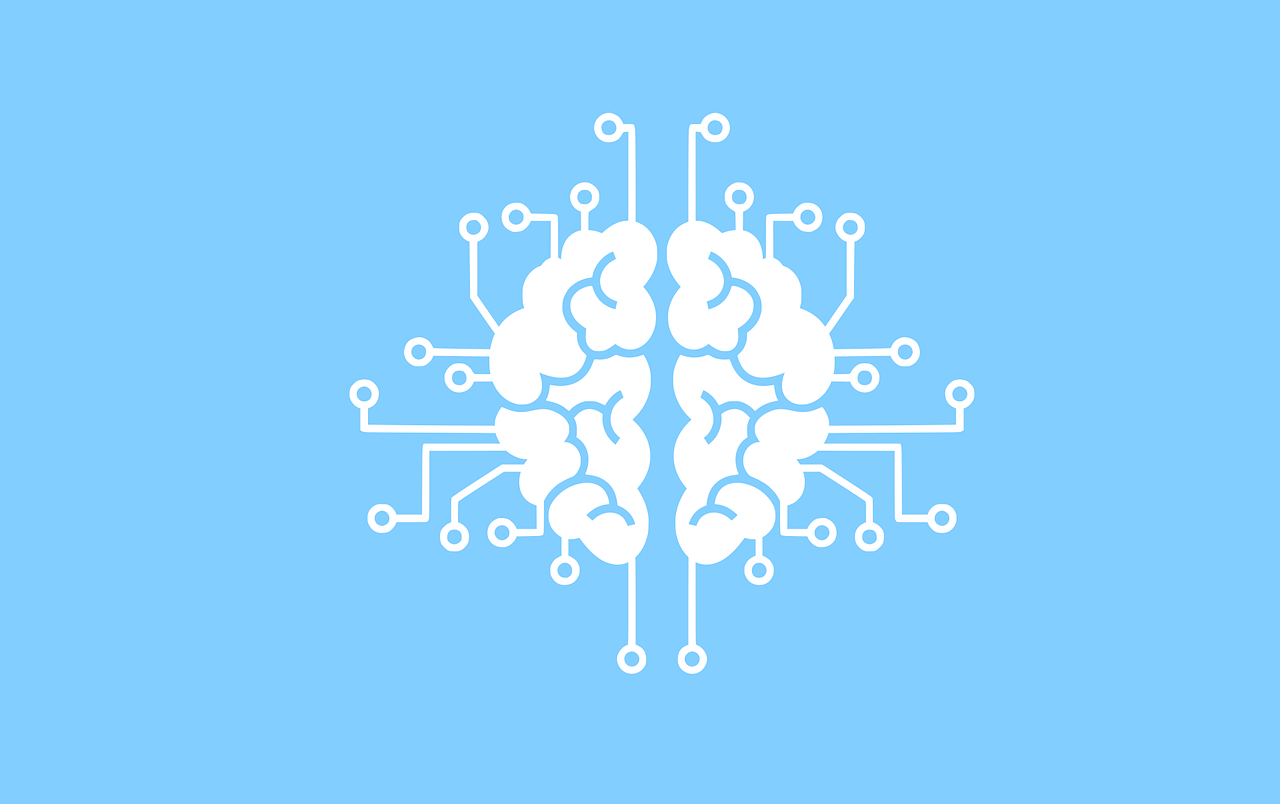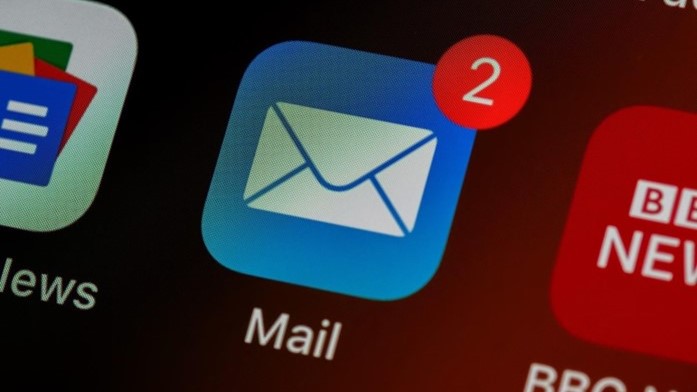
The use machine learning can help retail businesses figure out how customers will respond to marketing campaigns and what they will purchase in the future
Aptitive empowers organizations to access, analyze, and take action on their data. From business strategy to technical development, our team of experienced data and analytics consultants will work with you every step of the way to develop tech forward solutions to reach your business goals.
Machine Learning (ML), a subcategory of Artificial Intelligence (AI), may be confusing at first to many retail business owners and managers. But once they learn more about what it is, how it can benefit the company’s finances, and how to use it, it becomes another tool in the arsenal of increasing sales and profits.
The accompanying infographic, Machine Learning in the Retail Sector, presents an overview of the topic. It begins with simple explanations of artificial intelligence and machine learning. Essentially, artificial intelligence is the development of computer systems that can perform tasks that we normally think of as requiring human traits. For example, AI applications use visual perception, speech recognition, linguistic translation and decision-making tools to analyze and solve problems, speed up processes and even learn.
Machine learning falls under the umbrella term of artificial intelligence. Computers are provided with algorithms that allow the system to access and analyze data, identify trends, automatically learn from experience, and continually improve over time. The system learns from data analysis to identify patterns and make decisions with virtually no or minimal human input. The short definition is that ML helps computers do through data analytics what humans do naturally — learn from experience.
How does machine learning work in the retail world? ML uses what is known as predictive analytics technology, which is the use of data, algorithms and machine learning techniques to make predictions based on historical data. In the retail division, predictive analytics can be used to figure out how customers will respond to various marketing and advertising campaigns and what they will purchase in the future, to target the relevant ads to customers, and to personalize offers of related products that complement what they previously bought. This helps retail businesses to retain current customers and grow sales.
ML can help attract new customers based on current customer profiles. Machine learning helps to expand the customer base by identifying consumers who share many of the characteristics of the business’s most profitable customers and targeting ads and promotions to these prospects.
ML goes beyond marketing by helping retailers automate processes, determine pricing, optimize stocking and inventory, deliver a more personal shopping experience and manage resources. It can also be used to analyze prospective customers’ credit history to determine the likelihood they will default on payment. ML can be used to detect fraud and increase logistics efficiency.
It is likely that even more benefits will be found in the future. Isn’t it time to take advantage of all the data that’s out there now by jumping on the ML bandwagon?
Graphic created by Aptitive.





